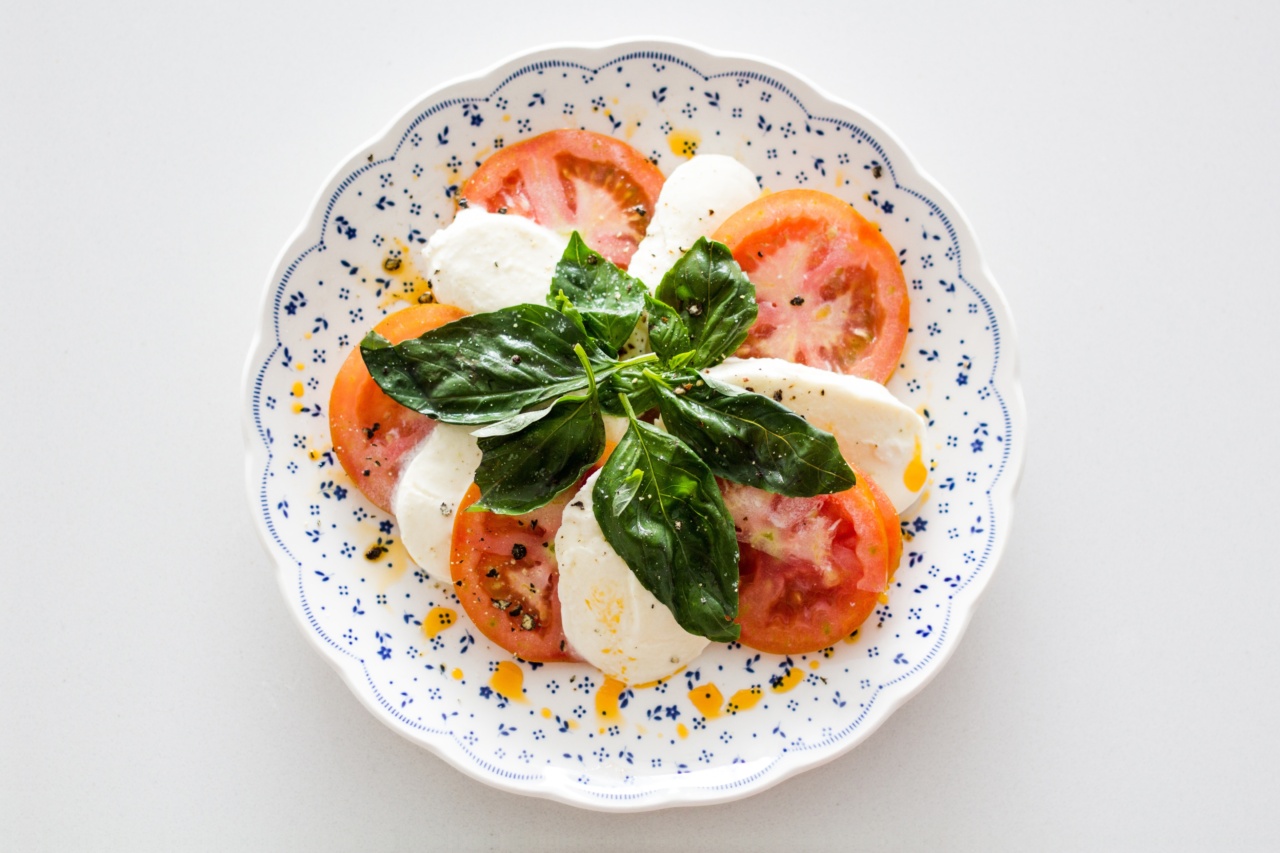A vegetarian diet is defined as a diet that excludes the consumption of meat. Vegetarians consume vegetables, fruits, grains, legumes, nuts, and seeds, but avoid animal products such as meat, poultry, fish, and dairy products.
Over the years, vegetarianism has been associated with numerous health benefits such as lower risk of chronic diseases like heart disease, hypertension, diabetes, and obesity.
However, recent studies have linked this diet to increased risk of hip fracture, especially in the elderly.
What is Hip Fracture?
A hip fracture is a serious injury in which the hip bone is broken. It usually occurs in the upper part of the femur or thigh bone.
This type of fracture is common in the elderly, especially those with osteoporosis, a condition in which the bones become weak and brittle.
Hip fractures can cause severe pain, difficulty in movement, and loss of independence. In severe cases, it can lead to complications such as blood clots, infections, and even death.
The Connection between Vegetarian Diet and Hip Fracture Risk
Several studies have found a higher incidence of hip fractures among vegetarians, especially in elderly women. There are several reasons why this diet may increase the risk of hip fractures:.
Low Calcium and Vitamin D Intake
Calcium and vitamin D are essential nutrients for bone health. Calcium is the main mineral that makes up bones, while vitamin D helps the body absorb and use calcium.
Since vegetarians avoid dairy products, which are a major source of calcium, they may not get enough of this mineral in their diet.
Vitamin D is usually obtained from sunlight, but older people and those who live in northern climates may have low levels of this nutrient.
This is because the body’s ability to produce vitamin D decreases with age, and the sunlight exposure is limited in these areas.
Vegetarians who do not compensate for the lack of calcium and vitamin D in their diet by consuming supplements or fortified foods may have weaker bones and a higher risk of hip fractures.
Low Protein Intake
Protein is also essential for bone health, as it provides the building blocks for bone tissue. Vegetarians may have a lower protein intake than meat eaters, especially if they do not consume enough legumes or soy products.
This may increase the risk of hip fractures, especially in the elderly, who have a higher protein requirement.
Higher Intake of Anti-Nutrients
Anti-nutrients are compounds found in plant foods that interfere with the absorption and utilization of certain nutrients.
Phytates, for example, are compounds found in grains, legumes, and nuts that bind to minerals such as calcium and prevent their absorption.
Vegetarians who consume high amounts of phytates may have a lower calcium absorption, which can weaken their bones and increase the risk of hip fractures.
Cooking, soaking, or sprouting these foods can reduce the phytate content and improve mineral absorption.
How to Reduce the Risk of Hip Fractures on a Vegetarian Diet
Although vegetarianism may increase the risk of hip fractures, it is still possible to follow this diet and maintain strong bones. Here are some tips:.
Consume Calcium and Vitamin D Supplements or Fortified Foods
Calcium and vitamin D supplements can help compensate for the lack of these nutrients in a vegetarian diet. Fortified foods, such as plant-based milks, soy products, and cereals, can also be a good source of these nutrients.
Eat Protein-Rich Plant Foods
Legumes, soy products, nuts, and seeds are all good sources of protein for vegetarians. Including these foods in the daily diet can help maintain strong bones and reduce the risk of hip fractures.
Optimize Mineral Absorption
Cooking, soaking, or sprouting grains, legumes, and nuts can reduce their phytate content and improve mineral absorption.
It is also recommended to consume vitamin C-rich foods, such as fruits and vegetables, along with iron-rich foods to enhance iron absorption.
Conclusion
A vegetarian diet can provide numerous health benefits, but it is important to be aware of the potential risks, especially in terms of bone health.
Vegetarians should ensure that they consume enough calcium, vitamin D, and protein, and optimize mineral absorption to reduce the risk of hip fractures. Consulting a healthcare provider or registered dietitian can also be helpful in ensuring a balanced and healthy vegetarian diet.































